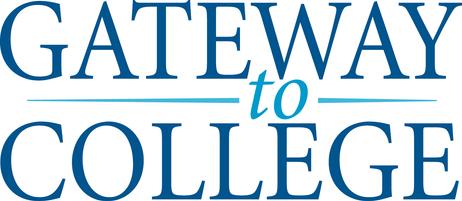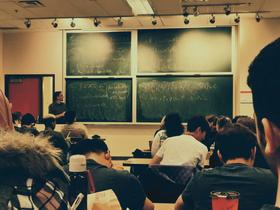Technical fields have long been regarded as low-paying industries that did not offer many career choices. However, as technology and machinery have advanced, fields like plumbing, welding and manufacturing have required highly skilled laborers and paid much higher salaries than ever before. To keep up with the demand for workers in these areas, and to change the perception of the fields overall, community colleges are striving to produce industrial tech programs that answer the needs of today’s workforce and train up a new generation of skilled workers prepared to advance this country’s competitiveness in the global marketplace.
Trades in Focus
One initiative designed to advance industrial tech careers is Trades in Focus. This program was created through a partnership between the Association of Community Colleges and W.W. Grainger, Inc., the leading North American supplier of maintenance, repair and operating products. Trades in Focus provides an online toolkit to educate the general public about the importance of industrial tech careers and the potential opportunities these skilled trades offer. The program is also geared to alert those interested in industrial tech careers to schools and colleges across the country that are committed to training up workers in those specific fields, with innovative programs designed to teach the latest technology and processes in their industry.
Dr. Gary M. Green, president of Forsyth Technical Community College and member of the advisory board for Trades in Focus, said















































